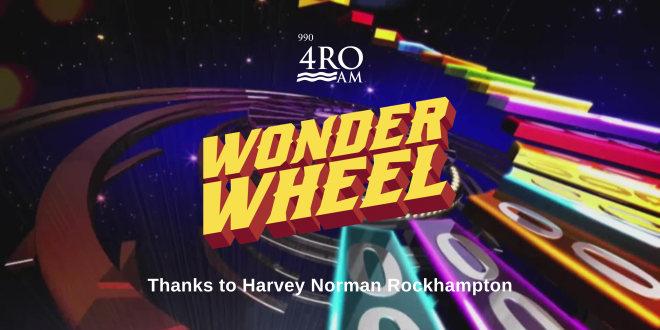Swinging back on to the green!
This review will include spoilers for Happy Gilmore 2!
After 29 years, Happy Gilmore is back on our screens, and it’s more fantastical than ever. The original Happy Gilmore, which starred Adam Sandler, all the way back in 1996, became an instant classic for its fun-loving humour, rags-to-riches story, and fantastical but still relatively grounded story. The sequel, Happy Gilmore 2, released last Friday, and it’s very much a mixed bag in terms of quality. Much like many other films that receive sequels decades after the original, it falls into the trap of trying to make constant callbacks and replays of old jokes, but still trying to do something radically different. The film is still a fun time that does sell a compelling narrative on grief, but undoes a lot of its heart by adding some strange fantasy elements that push the film too far into wacky.
The film opens with a decision I am immensely conflicted about: killing Julie Bowen’s character, Virginia. Whilst I personally dislike having that character written off, I appreciate two things. One, that this film broke a trend of “happily ever afters” undone in a montage, it was nice to see them thrive after the credits rolled from the first film, and two, I understand we needed a substantial reason for the story of this film to exist, and that’s what this death sadly does. As much as it is textbook fridging, it does suit the narrative of the sequel.
Something that has been a worry of mine with the development of this film is how they would handle Happy directly. Sandler made his name in being the overly goofy and dimwitted older brother, and as time went on, for the most part, that comedy didn’t change. Sandler, in recent years, seems to have cottoned on to the fact that someone older should mature their comedy with the times, but with a character so synonymous with that humour style, I worried Happy would feel stagnant and stuck in that time. However, I was overjoyed to see a slightly more mature and real feeling in Gilmore. The humour and anger were still there, but this felt like a man who had actually been through the grief he’d experienced and lived the adult life.
As mentioned before, the film does spend a lot of time retreading old jokes, and whilst one or two here and there were nice, the film tried to redo nearly all its biggest jokes, and not only just redo them but show the footage from the last film so frequently too. The commentary of MAXI golf taking over the golf world and leaving behind the “real golf” was an interesting and direct commentary on Live golf in our reality. But the film takes it too far and loses its grip on reality by making it too far over the top with the strange “hip drive” that turns regular golfers into supervillains on the course, and how drastically over the top it goes with the final game and the “shooter insane asylum” plot line.
Several key characters seem to take a narrative nose dive, though. Besides Happy, who gets a larger and more introspective story, many other returning cast members are also over the top, and at points, insultingly caricatured. Shooter turns into pure comedic relief and loses the respectable status he had in prior films, whilst moments were funny, he lacked any significance and turned into a Joker-like character who suddenly changes his opinion on Happy mid-film with little development. With the passing of Carl Weathers, the film lacked its heritage golfing heart of Chubbs. But the film saw a way to introduce his son, who felt like a far cry from his father. Chubbs Jr. is there mostly to serve jokes in an over-the-top fashion and offers no real story benefit, and I found myself hating the fact that they chose to do this to the Chubbs name.
Overall, Happy Gilmore 2 gets a lot right, but it gets more wrong. Its commentary on the current status of the golf world, and a single father struck with grief trying to support his kids is genuinely a touching one. It’s an enjoyable, call-back, and cameo-filled mess that is worth watching once to see where the world took our favourite golfers, but when I go back to revisit the franchise, I’ll very likely stop after the first film.
Get out of the garage, John Daly.









